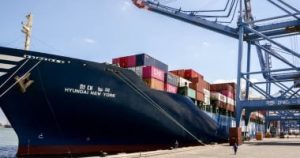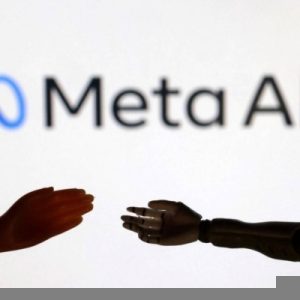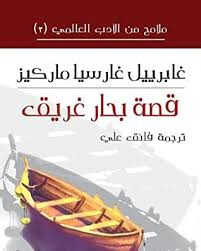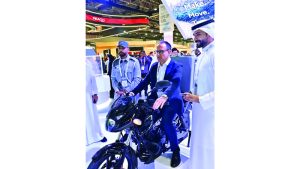The rapid leap is the result of investments exceeding $1.5 billion.
A national plan must be established to measure the social and cultural impact of the league.
Since Al-Nassr announced the signing of Cristiano Ronaldo in December 2022, Saudi football has entered a completely new phase. Sports are no longer just competition on the field but part of a massive national project to reshape the Kingdom’s image on the global stage. The Saudi league is no longer a regional league limited to local or Arab fans but has transformed into a front for Saudi soft power, a strategic tool rivaling media, diplomacy, and culture in its influence and effectiveness.
Looking at the numbers, it is clear that what is happening is not a temporary boom but the building of an integrated system; global interaction with the league increased by more than 60% in just one year, and it is broadcast in more than 180 countries, while international advertising revenues grew by over 200% in a single season.
This rapid leap did not happen by chance but is the result of investments exceeding $1.5 billion in a short period and a clear strategy aiming to make the Saudi league one of the top ten leagues in the world, not only by financial power but by combining a large domestic fan base with global ambition abroad.
The real power here is not just Ronaldo, Neymar, or Benzema alone but what they symbolize and how their presence is invested to establish a professional environment, reshape Saudi sports infrastructure, and link it directly to a massive national project like Saudi Vision 2030.
When the state builds new stadiums to world standards, launches digital broadcasting platforms competing with major European networks, and enacts financial regulations to ensure sustainability and reduce inflation, it sends a clear message to the world: we are not here to be a copy of others but to establish our own model, a model that makes sports a developmental, economic, and social tool at once.
However, the real challenge is not only attracting stars or building infrastructure but creating a balance between global professionalism and developing local talents. The Saudi league cannot remain dependent on importing stars but must be a factory for producing them. Here lies the smart strategy: setting regulations that impose a specific quota for young talents, launching academies like “Mahd” that attract thousands of children, and integrating technology and artificial intelligence in talent discovery and refinement.
In this way, the dream turns from a grand show attracting global attention into a sustainable project reshaping the future of Saudi sports for decades to come.
Most importantly, the Saudi league has become a geopolitical gain, addressing not only stadium fans but sending an international message that Saudi Arabia can export a new culture, attract the world inside, and change the stereotypical image that has lingered for decades. Investing in sports here equals investing in tourism or technology because it opens new channels for international influence and places the Kingdom at the heart of global movement, not on its margins. These dimensions make the Saudi sports project different from previous regional experiences because it is based on an integrated vision, not a temporary campaign.
Nevertheless, there is a necessary call today: to establish a national plan to measure the social and cultural impact of the league, so the focus is not only on economic returns but also on enhancing national belonging, building role models, and motivating the new generation to practice sports.
Here lies the true strategic value: that the Saudi league becomes a school that shapes the human being before making stars, instilling in future generations concepts of teamwork, openness, and competitiveness. This vision alone will ensure the league is not just a show project but a national project leaving a long-lasting impact.
The message that must be conveyed here is that the Saudi league is no longer just a football league but a soft power tool contributing to improving the Kingdom’s mental image, placing it at the heart of the global sports scene, and opening new doors for investment, tourism, and innovation. We are witnessing an unprecedented experience in the Arab world, proving that sports can be a soft weapon more effective than any political speech or media campaign.
The future here is not just a championship played on the field but a battle for minds and hearts, and the Saudi league today leads this battle with full confidence.













Recommended for you
Exhibition City Completes About 80% of Preparations for the Damascus International Fair Launch
Talib Al-Rifai Chronicles Kuwaiti Art Heritage in "Doukhi.. Tasaseem Al-Saba"
Unified Admission Applications Start Tuesday with 640 Students to be Accepted in Medicine
Egypt Post: We Have Over 10 Million Customers in Savings Accounts and Offer Daily, Monthly, and Annual Returns
His Highness Sheikh Isa bin Salman bin Hamad Al Khalifa Receives the United States Ambassador to the Kingdom of Bahrain
Al-Jaghbeer: The Industrial Sector Leads Economic Growth